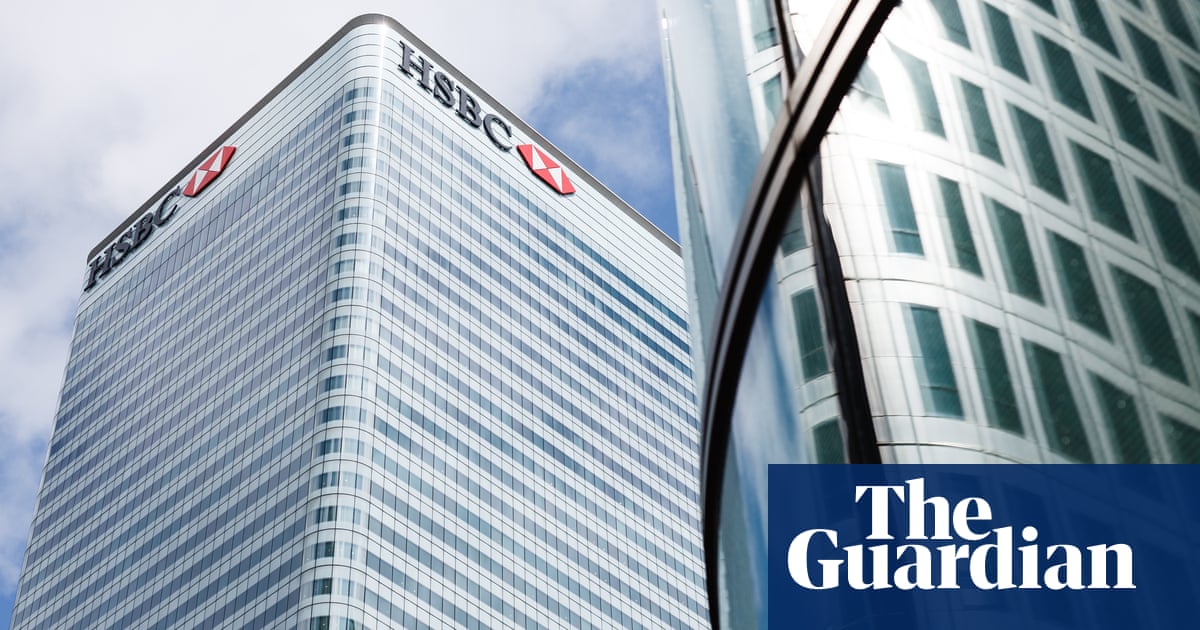Ministers will meet bank bosses on Tuesday to discuss how big lenders can support the government’s growth strategy as concerns mount inside Whitehall that small businesses are struggling to access the funds needed to make vital investments.
Senior executives from HSBC, NatWest and Lloyds are expected to explain how they will meet the government’s mission to increase lending after criticism from business groups about the lack of credit available after the pandemic.
The meeting comes only days before a review of lending to small and medium-sized enterprises (SMEs) closes and ministers consider whether to impose obligations on the banks to make access easier to cheap loans.
Rachel Reeves is concerned that restrictions on lending by high street providers will hold back SMEs that want to expand and help the economy to grow.
Small business leaders have complained about banks using restrictions to limit their exposure to the sector, including demands for personal guarantees when making loans, and for centralising decision making, ending the relationship with local branch managers.
The Department for Business and Trade highlighted in its report on the sector before the review that overall loan success rates for companies applying for bank finance “are low in the UK at less than 50% on average”.
This figure was down from an approval rate of 67% in 2018, before the pandemic.
The report said: “There will be a number of reasons why small businesses are rejected but there is a question as to whether these rejection rates are too high and why this may be the case.”
Many small businesses have opted to borrow from high-risk private lenders outside the banking sector, reporting that banks were unable or unwilling to provide loans, according to the same government study.
A government spokesperson said: “The last few years have been incredibly difficult for business. That’s why this pro-business government is determined to improve the total business environment including for small businesses.”
The spokesperson said the DBT wanted to work with banks “to create opportunities for businesses to access the finance they need to scale, export and break into new markets”.
Representatives of the banking industry are expected to say that banks are ready to lend more funds to SMEs, but the high level of risk means the government needs to widen a scheme that underwrites loans.
Sign up toBusiness Today
Get set for the working day – we'll point you to all the business news and analysis you need every morning
after newsletter promotion
At the moment, the government-backed British Business Bank covers 70% of loans made by banks to small businesses that fit certain criteria. Lobby group UK Finance has argued that the scheme’s funding needs to be backed with more cash before banks will increase the number of loans.
Gareth Thomas, the minister for small businesses who will chair the meeting with the finance industry, is known to be frustrated that many SMEs have lost touch with local bank branches and are forced to obtain loans via online forms.
Thomas, who was chair of the Co-operative party for eight years until 2019, has argued that mutual lenders, which are big providers of business loans in Germany, should be supported in the UK to provide access to credit.
Last year an all-party committee of MPs said unfair banking practices and “damaging” financial regulations were harming small businesses and putting innovation and growth at risk.MPs on the Treasury committee said an extensive inquiry found that a lack of supportive policies were compounding problems for companies that had survived a “torrid” five years, which included the recent energy crisis and high level of inflation.
The committee’s report also highlighteda growing concern about “debanking”– when customers’ accounts are closed by their bank – noting that lenders had shut 140,000 SME accounts in 2023 alone, often without adequate explanation.
